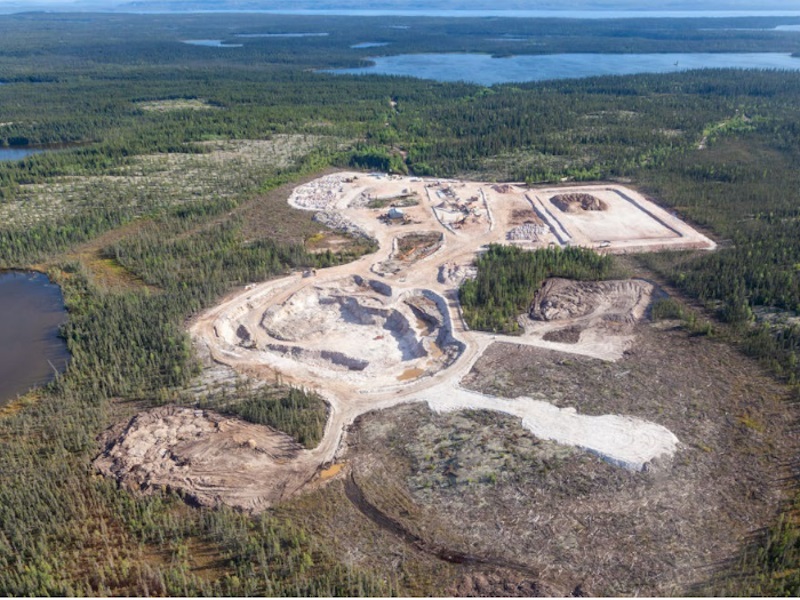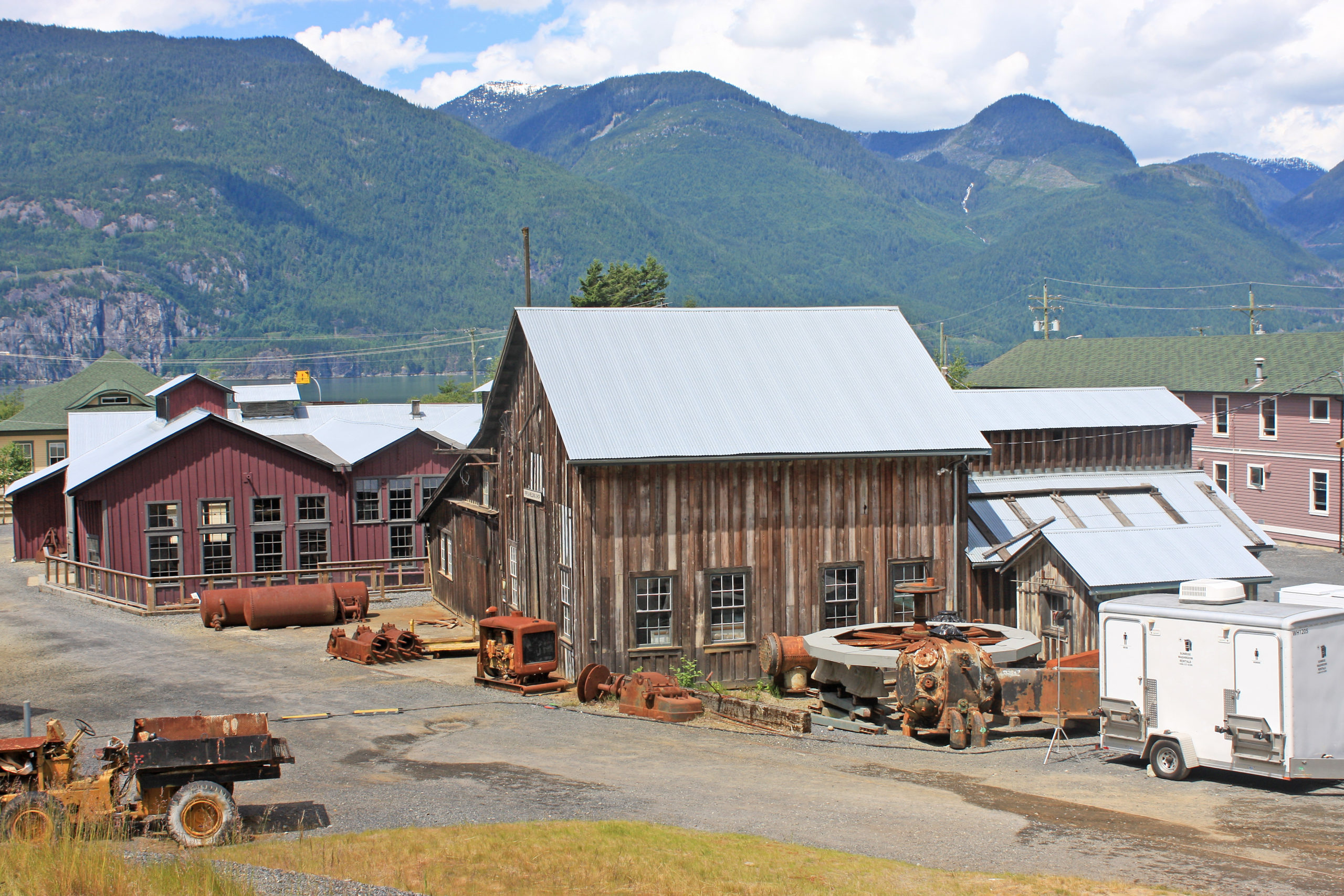Nova Scotia’s ban on uranium mining dated to 1981 after public resistance to the potential environmental and health risks associated with radioactive materials. Concerns over groundwater contamination, radiation exposure and the province’s lack of uranium processing facilities led policymakers to impose stringent restrictions.
However, on March 25, the Nova Scotia government approved legislation repealing the Uranium Exploration and Mining Prohibition Act. While the legislative ban has been lifted, a ministerial order under the Mineral Resources Act continues to prohibit industry-led uranium exploration and mining. This means that, for now, only government-led research into uranium deposits is permitted.
Economics
The decision to rescind the ban was largely motivated by economic factors. The global uranium market is expanding due to the increasing adoption of nuclear power as a cleaner energy alternative. With Canada as the world’s third-largest uranium producer, Nova Scotia could benefit from the stature and experience to promote itself in the sector.
Amazon, Google and Meta are among eight large energy buyers that in March said they would support plans by more than 30 nations pledging to triple nuclear power generation by 2050. Italy recently said it was reintroducing nuclear power and Japan increased generation targets.
The developments should support uranium demand and prices in the medium and long term, BMO Capital Markets said in March. Nova Scotia has an opportunity to capitalize on these trends by exploring its own uranium potential.
If developed responsibly, uranium mining could bring high-paying jobs, investment and increased revenue to the province. The mining sector is already a significant employer in Nova Scotia, and lifting the ban could spur new exploration projects, attracting skilled workers and bolstering rural economies. For example, Saskatchewan has successfully built a thriving uranium mining industry, contributing significantly to its provincial economy.
Despite its substantial production, Canada imports uranium to meet specific domestic needs. In 2023, Canada imported about 5.7 million kg of natural uranium and its compounds, primarily from Australia, Kazakhstan, Namibia, Uzbekistan and South Africa. Increased geopolitical tensions make securing a domestic supply of uranium a strategic priority.
Nova Scotia’s uranium resources could reduce Canada’s reliance on imports while supporting its transition to cleaner energy sources. The economic case for lifting the ban is compelling, but it must be weighed against the environmental risks that originally led to its prohibition.
Environmental concerns
Opponents of uranium mining highlight well-documented environmental and health risks. The primary concern is groundwater contamination. Uranium and its byproducts, including radon gas and radioactive tailings, can leach into water sources, posing risks to both human health and ecosystems.
Approximately 42% of Nova Scotians rely on private wells for drinking water. Environmentalists estimate that one in 15 of these wells may contain uranium levels exceeding Health Canada’s maximum acceptable concentration of 20 micrograms per litre.
Radioactive waste management is another critical issue. While modern mining practices have improved, there is no foolproof way to eliminate the risks associated with uranium tailings. If not handled properly, these waste materials can remain hazardous for centuries.
The potential for environmental degradation raises legitimate concerns, particularly in a province that values its natural beauty and relies on industries like tourism and agriculture. Instead of outright opposition or blind acceptance, the government of Nova Scotia should take a balanced approach and implement stringent regulations to ensure uranium mining.
This includes:
Strict regulatory oversight: Collaborating with the Canadian Nuclear Safety Commission to enforce rigorous environmental and safety standards. Waste disposal, water protection, and radiation management must be top priorities.
Community engagement and transparency: Ensuring open dialogue with local communities, Indigenous groups and environmental organizations. If a project cannot gain public trust, it should not proceed.
Economic guarantees and sustainability: Requiring mining companies to contribute to environmental reclamation funds and invest in community development. Mining should benefit the province long after operations cease.
Informed decisions
Nova Scotia’s uranium debate should not be reduced to a simple yes or no. Instead, it should be about how the provincial government can responsibly manage its resources while prioritizing public health and environmental integrity. The lifting of the ban presents an economic opportunity, but it also demands careful planning, transparency and regulatory vigilance.
As a masters student in mining engineering, I recognize both the economic potential and the environmental challenges of uranium mining. Nova Scotia has an opportunity to lead by example in responsible resource development, demonstrating that economic growth and environmental preservation can go hand in hand.
If done right, the province can create a mining industry that is both profitable and sustainable, securing benefits for future generations without compromising the health of its land and people.
Girish Narayanappa is a masters student in mining engineering at the University of British Columbia, Vancouver. He has experience as a mining engineer in operational and consulting roles.




